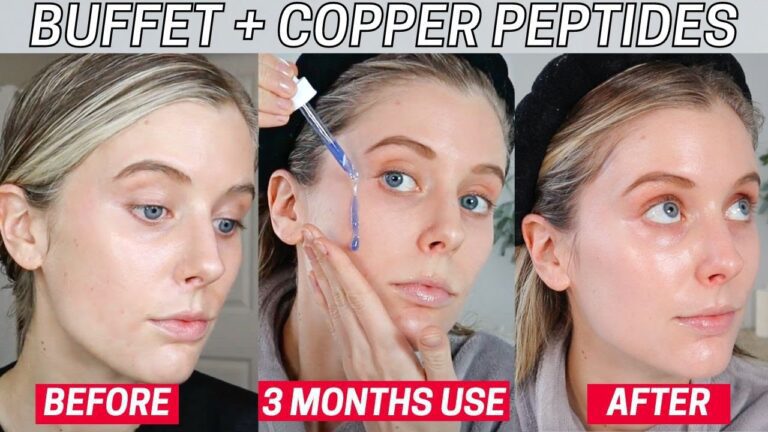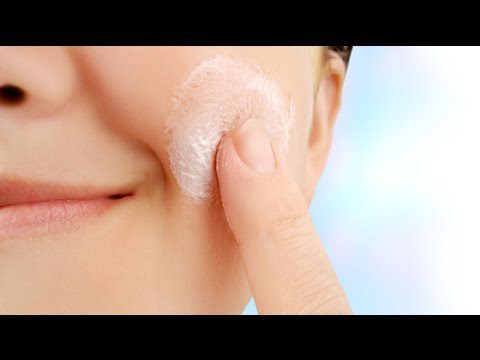The Ultimate Guide to Sulphate: What You Need to Know
Sulphate – The Controversial Ingredient in Personal Care Products
Sulphate is a popular ingredient in personal care products such as shampoos, body washes, and toothpaste. It is a surfactant that helps to create a lather and cleanse the skin or hair. However, this seemingly harmless ingredient has been the subject of controversy in recent years. In this article, we will explore the facts and myths surrounding sulphate and its effects on the body and the environment.
The Chemistry of Sulphates
Sulphates are salts of sulphuric acid, which is a strong acid commonly used in the chemical industry. The two most commonly used sulphates in personal care products are sodium lauryl sulphate (SLS) and sodium laureth sulphate (SLES). These sulphates are derived from coconut oil and are cheap and effective in creating a lather. However, they can also be harsh and irritating to the skin and hair.
The Myth of Sulphate-Free Products
In recent years, many personal care product manufacturers have marketed their products as “sulphate-free” to appeal to consumers who are concerned about the potential negative effects of sulphates. However, the truth is that not all sulphates are harmful, and not all sulphate-free products are necessarily better.
Many alternative surfactants, such as cocamidopropyl betaine and sodium cocoyl isethionate, are also synthetic chemicals and can be equally harsh on the skin and hair. On the other hand, there are natural ingredients such as soap nuts that can be used as a mild alternative to sulphates. Therefore, it is important to look beyond the “sulphate-free” label and read the ingredient list to know what you are putting on your body.
The Environmental Impact of Sulphates
In addition to their potential effects on the body, sulphates are also known to have a negative impact on the environment. When sulphates are washed down the drain, they can accumulate in waterways and harm aquatic life. They can also react with other chemicals in the environment to form harmful compounds such as dioxins and furans.
Fortunately, there are alternatives to sulphates that are more environmentally friendly. Some personal care product manufacturers are using biodegradable surfactants that break down more easily in the environment. Others are using natural ingredients such as soap nuts or yucca root to create a lather.
The Bottom Line
While the myth of sulphate-free products has been debunked, it is important to be mindful of the potential negative effects of sulphates on the body and the environment. Reading ingredient labels and choosing products that use mild and natural surfactants can help to reduce our exposure to harsh chemicals. Additionally, reducing our overall use of personal care products can also help to lessen our impact on the environment. Remember, a little goes a long way when it comes to personal care!
Contents
Most searched products:
Does Sephora Support Israel? Answering Your Questions
The Ultimate Guide to Azealic Acid: Benefits, Uses, and Side Effects
How Long Does Glycolic Acid Take to Show Results: Your Ultimate Guide
Discover the Benefits of The Ordinary Botox for Your Skin
The Ultimate Reviews of The Ordinary Peeling Solution
The Ultimate Guide to The Ordinary Colours Foundation: Reviews, Swatches, and Tips
The Perfect Order: When to Use Retinol and Niacinamide in Your Skincare Routine
Unlock Smooth and Supple Skin: Discover the Best Skincare Products for Skin Suppleness
Say Goodbye to B.O with Glycolic Acid Deodorant: The Secret to Long-Lasting Freshness
Exploring the Wonders of The Ordinary Oxford Street: A Complete Guide













